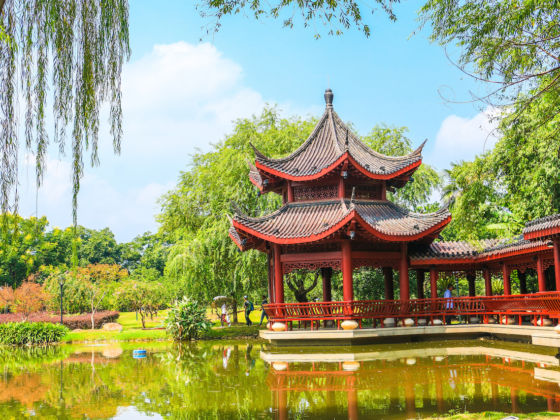After eight months in a small city in central Hunan Province, my daily routine falls in step with my students’ tightly regimented schedule.
Morning
A blast of trumpets pulls me out of sleep. The military music blares from the loudspeakers throughout the school campus where I work and live. The sound tells me it’s 6:45 a.m. and my students are doing morning exercises out on the dirt track.
